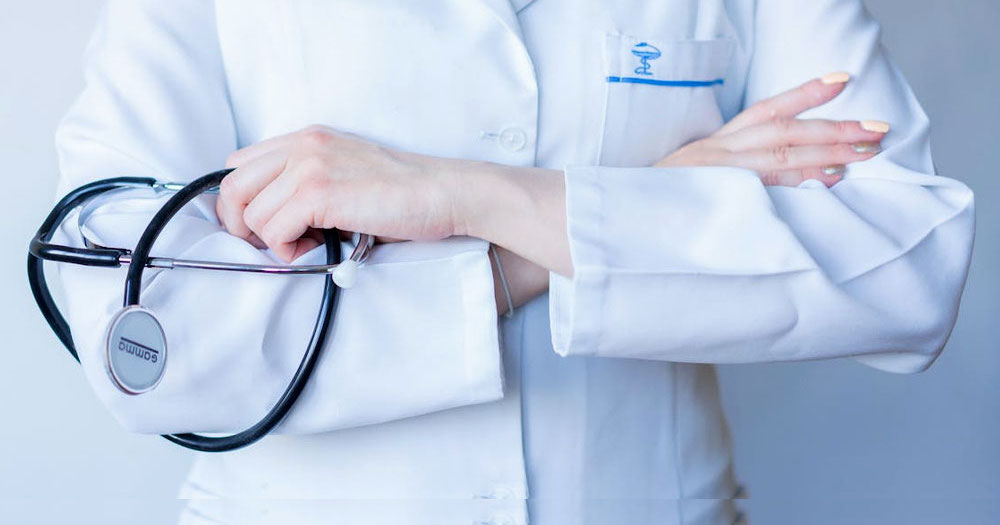A report on a recent internal review conducted by the Health Service Executive (HSE) found no evidence that Irish trans youth were “fast-tracked” to hormonal treatments or other types of medical intervention, The Irish Times reported.
The findings from the internal review were presented to the executive management committee of the HSE on February 21, prompting the decision to develop a new, entirely domestic model of gender-affirming healthcare in Ireland. The HSE also released a copy of the report in question to The Irish Times, which recounted its content in a recent article.
According to the report, the HSE had been approached by family members of trans youth complaining about the lack of gender-related services in Ireland. The current model of gender-affirming healthcare in the country, which has been widely criticised by activists, relies on referrals of young people to clinics in the UK. Until last year, young Irish patients were sent to the Tavistock and Portman clinic in London, which was the UK’s sole provider of gender identity development services.
However, a review conducted by Dr Hilary Cass found that, being the only provider, the Tavistock clinic was struggling to cope with the demand for its services and couldn’t appropriately meet trans people’s needs. Dr Cass’ review suggested that a more decentralised approach would be more suitable, and it prompted the NHS in England to open several regional hubs to provide gender-affirming healthcare services.
Following the development of this new regime, young Irish patients who were sent to England to receive care were “triaged” by a board before being assigned to one of the regional hubs. Moreover, even while patients attend clinics in the UK, they continue to receive care in Ireland, with the clinical pathway involving general practitioners and the Child and Adolescent Mental Health Service.
While there had been claims that the services provided by the Tavistock clinic were unsafe for trans youth, the internal review conducted by the HSE found that “there is no evidence that hormonal treatment or other physical intervention has been fast-tracked”. In the report, the HSE specified that families had no complaints about the quality of the services provided by the Tavistock clinic.
However, they were concerned about the long waiting lists and the lack of access to services in Ireland. According to the report, one of the families said, “The mental strain and emotional distress experienced by their children and their family over the course of their transition was immense. Their child experienced social isolation, bullying at school and mental illness.”
They also stated that the approach of the professionals at the Tavistock clinic was “cautious and procedural rather than gender-affirming” and that they were frustrated by how long they had to wait before being prescribed puberty blockers.
A spokesperson for Belong To commented on the matter, saying that they were “extremely concerned about the current state of adolescent gender-related healthcare services in Ireland, and the resulting impact on the mental health and wellbeing of trans and nonbinary young people”.
A recent report published by the Trevor Project in the US also found that trans and non-binary young people who come out before age 13 face increased risk. 52% of the people who come out before that age reported being physically threatened or harmed due to their gender identity. Moreover, those who came out before 13 also experienced higher rates of attempting suicide.
© 2023 GCN (Gay Community News). All rights reserved.
Support GCN
GCN is a free, vital resource for Ireland’s LGBTQ+ community since 1988.
GCN is a trading name of National LGBT Federation CLG, a registered charity - Charity Number: 20034580.
GCN relies on the generous support of the community and allies to sustain the crucial work that we do. Producing GCN is costly, and, in an industry which has been hugely impacted by rising costs, we need your support to help sustain and grow this vital resource.
Supporting GCN for as little as €1.99 per month will help us continue our work as Ireland’s free, independent LGBTQ+ media.
